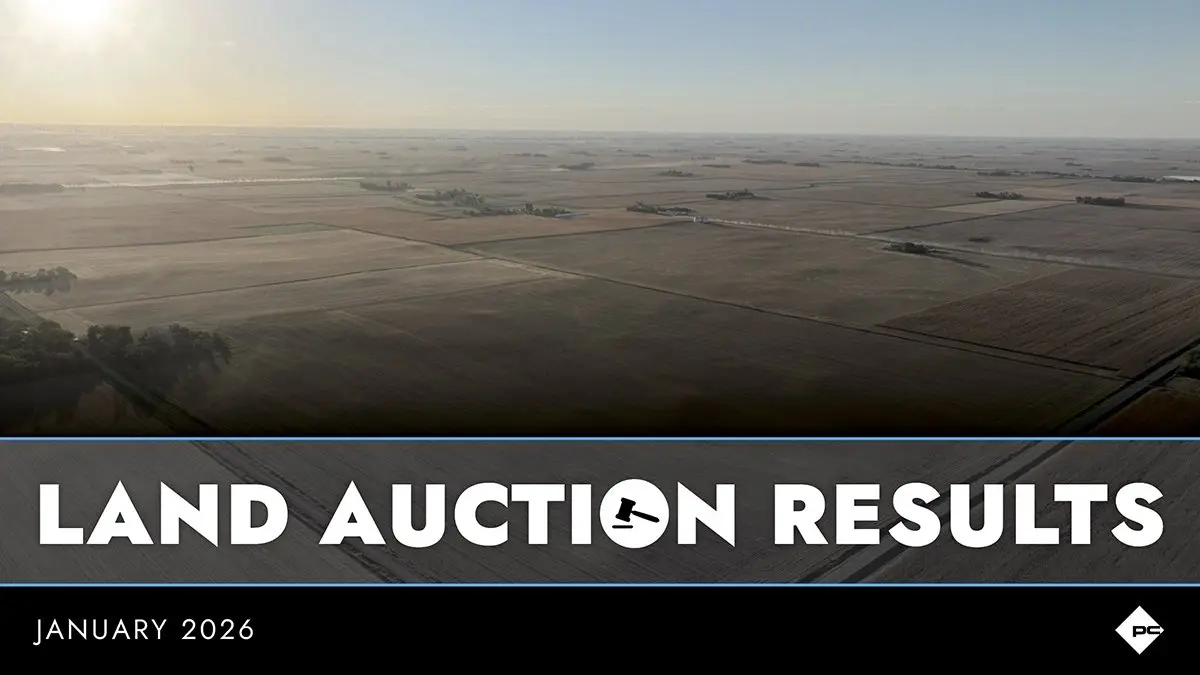Investing in farmland with a cash yield of only 2.5% might seem less attractive when current treasuries yield 5% or more. However, several strategic reasons exist to consider farmland a valuable addition to your investment portfolio. This article will explore these reasons, including inflation hedging, portfolio diversification, long-term appreciation, and other benefits that make farmland a compelling investment.
Farmland tends to act as a natural hedge against inflation because the value of agricultural products tends to rise with inflation. Historically, farmland values have increased as the prices of crops and livestock go up, ensuring that the investment keeps pace with or outstrips inflation. This makes farmland a reliable store of value in times of rising prices, protecting your investment's real value. Additionally, investing in farmland adds a tangible, non-correlated asset to a portfolio, which can reduce overall portfolio risk. Farmland does not move in tandem with stocks and bonds, providing stability during market volatility. This non-correlation means that even when financial markets are turbulent, farmland can maintain or even increase in value, contributing to a more resilient investment portfolio.
Farmland has shown consistent appreciation over time, often outperforming many other asset classes in the long run. This long-term value increase is driven by the finite supply of arable land and the growing global demand for food. For instance, farmland values in the U.S. have steadily risen for decades, providing substantial capital gains for investors. While the annual income from farmland might be lower than treasuries, the potential for significant asset value appreciation can result in higher overall returns. This focus on appreciation rather than cash yield aligns with the long-term investment strategy of investors like Bill Gates, aiming for substantial wealth accumulation through multigenerational farmland assets. Moreover, farmland investments can offer several tax advantages. Long-term capital gains are typically taxed at a lower rate than regular income, making appreciation-focused investments more tax-efficient. Additionally, farmland owners can benefit from deductions for property taxes, interest on loans, and depreciation, further enhancing the investment's tax efficiency.
Leverage can significantly affect farmland prices. Currently, high borrowing costs are pushing leveraged buyers out of the market, creating opportunities for cash buyers to acquire farmland at more attractive prices. This trend can help stabilize or even lower land prices, making it a favorable time for strategic investors to enter the market. Farmland tends to maintain its value during economic downturns, providing stability in a diversified portfolio. Unlike other investments that may lose value during recessions, farmland benefits from the continued need for food production, ensuring steady demand. This resilience makes farmland a haven during economic uncertainty. Farmland is often seen as a "real asset" like gold, offering protection against economic instability and currency fluctuations. Like gold, farmland has intrinsic value and is a tangible asset that can serve as a hedge against various economic risks. This characteristic makes it a secure investment choice in volatile economic conditions.
Investing in farmland supports sustainable farming practices, which have significant environmental and social benefits. Sustainable agriculture can improve soil health, reduce carbon emissions, and promote biodiversity. Additionally, investing in farmland can support rural communities and contribute to food security. Technological innovations in agriculture are continually enhancing farmland productivity and value. Advances in precision farming, biotechnology, and data analytics are increasing crop yields and reducing costs, boosting the profitability of farmland investments. These technological trends promise to further improve the returns from farmland over time. Government programs and policies often support farmland and agriculture, providing additional incentives for investors. Subsidies, grants, and tax incentives are available to farmland owners, enhancing the investment's financial attractiveness. Examples include conservation programs and renewable energy incentives that benefit farmland owners.
Investing in farmland with a lower cash yield compared to treasuries can still be a strategic decision for several reasons. The benefits of inflation hedging, portfolio diversification, long-term appreciation, and various tax advantages make farmland a compelling addition to an investment portfolio. Despite lower immediate yields, the potential for significant long-term gains and stability in economic downturns justify considering farmland as a valuable investment.







